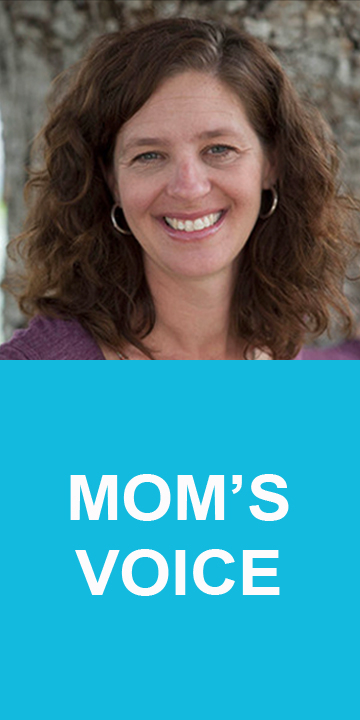In Judaism, the cantor is an integral part of the clergy, performing many duties in the synagogue. While a cantor’s main job is to sing and chant prayers during the services, other responsibilities include leading a choir, teaching classes, counseling, and at times, performing weddings or funerals.
In 1968, Sally J. Preisand was the first female accepted for rabbinic training at Hebrew Union College. She was ordained in 1972, becoming the first female rabbi in America. In 1975, Barbara Ostfeld-Horowitz became the first woman to be ordained as a female cantor. A decade later, in 1982, The Woman Cantor’s Network was formed with only 12 women.
While ancient history this is not, I was unfamiliar with this a slice of the Jewish timeline–until last month when our family attended a friend’s Bat Mitzvah at a different synagogue and the following exchange prompted a Google search later at home.

As the service started, and the cantor began to sing, our son Wyatt, just days away from his eighth birthday, looked at me quietly giggling. His eyebrows were raised in shock. He wanted me to relate with him, be in on the joke, but I had no idea what was striking his funny bone.
“What?” I whispered to him,
“It’s just that I am so used to a woman cantor, it seems weird that it’s a man.”
The weight of this moment was not lost on me. Societies often measure progress with statistics, articles, charts, or graphs. But real progress can as I was reminded, be measured by a child’s view of the world.
Ruti Braier is the only cantor Wyatt has ever really known. Her smooth and rich voice, warm smile, guitar playing, and stunning beauty, is what he associates with the word cantor. How odd to see a bearded man in a suit doing her job.
It’s like when someone does a cover of your favorite song – it just can never live up to the original. For Wyatt, the way he’s learning the melodies of a Friday night or Saturday morning service, the songs and prayers he will know throughout his life, originated with cantor Briaer. Her frequent laughter, gentle patience, strong convictions, approachable presence, and very female voice is as normal as having a pb&j for lunch. That, and the fact that the cantor’s husband happens to be our rabbi is just the way we roll at our temple. None of this is progressive or modern or different. We celebrate, mourn, sing, learn, discuss, give, and pray like any congregation.
The moment that Wyatt was taken aback by seeing and hearing a male cantor, is one that will never be officially recorded into history books. But his little giggle and his widened eyes were a declaration of equal rights. A prayer answered. A quiet, yet powerful sign that times, in fact have changed.
Jill Fales is the mother of four and author of “My Laundry Museum & Other Messy Gifts of Motherhood.” Visit her at www.JillFales.com.




